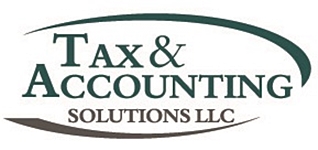Choosing a Business Entity
 If you’re starting a business, one of the most important decisions you’ll make is choosing what type of entity to operate as. Be sure to weigh your options, because an informed decision at the beginning can save you a great deal of time and expense later. Following is a list of the different entities.
If you’re starting a business, one of the most important decisions you’ll make is choosing what type of entity to operate as. Be sure to weigh your options, because an informed decision at the beginning can save you a great deal of time and expense later. Following is a list of the different entities.
- Sole proprietorships are the easiest type of business to form and to terminate. As a sole proprietor, you are the owner of all business assets and are liable for all business debts.
- Partnerships consists of two or more individuals who make a voluntary contract to carry on a trade or business. They are separate legal entities from their owners and are not taxable entities.
- Corporations are separate legal entities apart from their owner. A corporation is responsible for all of its own transactions and can be sued separately from its shareholders.
- Associations are unincorporated businesses that are taxed as corporations for federal tax purposes, even though they may not qualify as a corporation under state law. An association is treated as a partnership unless it elects to be taxed as a corporation.
- Limited liability companies (LLCs) are business entities separate from their owners and provide the LLC member with a limited amount of liability, which is usually only common to corporations.
- Limited partnerships follow most of the partnership rules, but limited partners are not (and cannot be) active in the business, as they are simply “investors” who share in the profits and losses of the business.
- S corporations follow most of the rules of a corporation, but income and losses are passed through to shareholders, thus avoiding double taxation.
Understanding the tax consequences and operating procedures under each form of organization is vital to your success as a business owner. Please turn to us for information regarding entity considerations for your specific situation.

